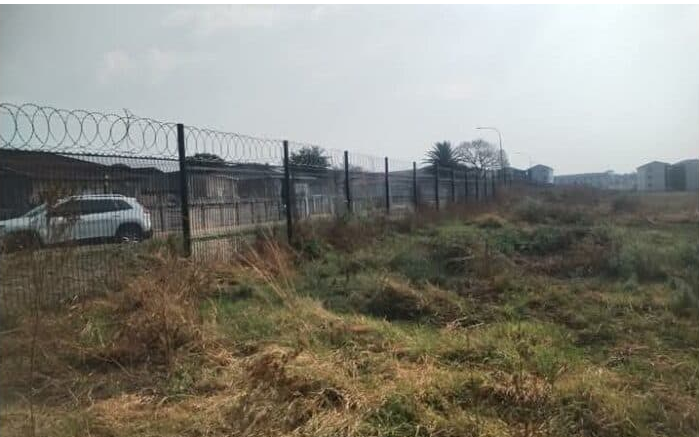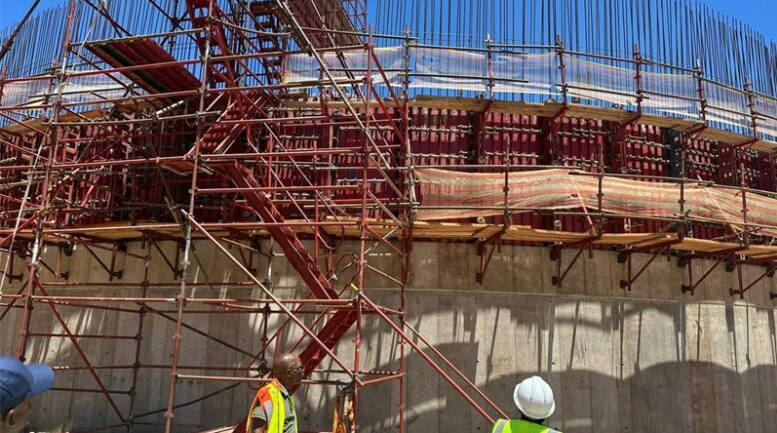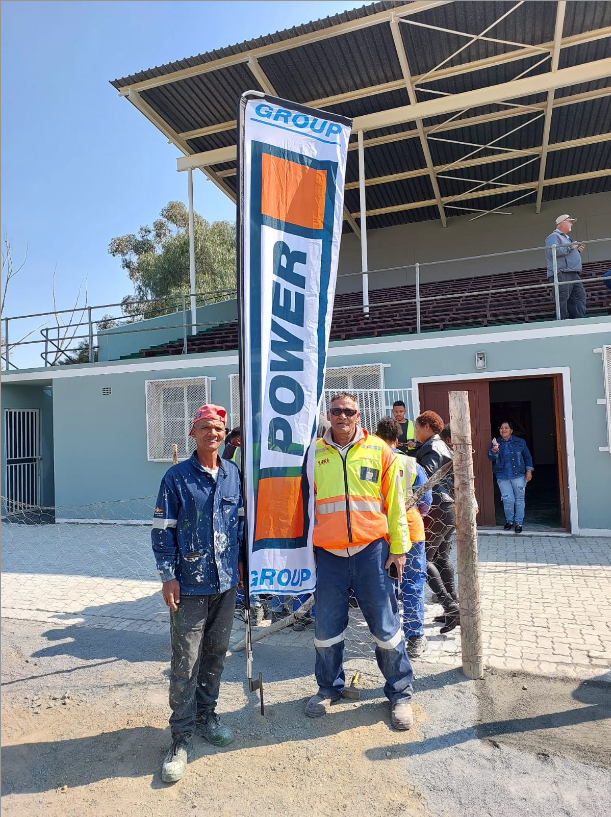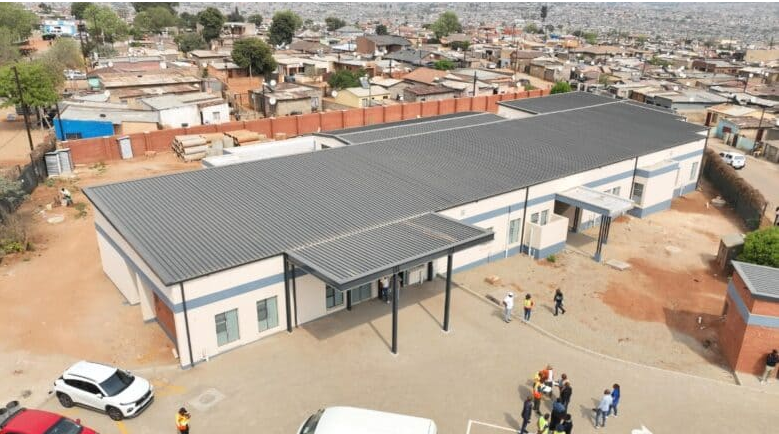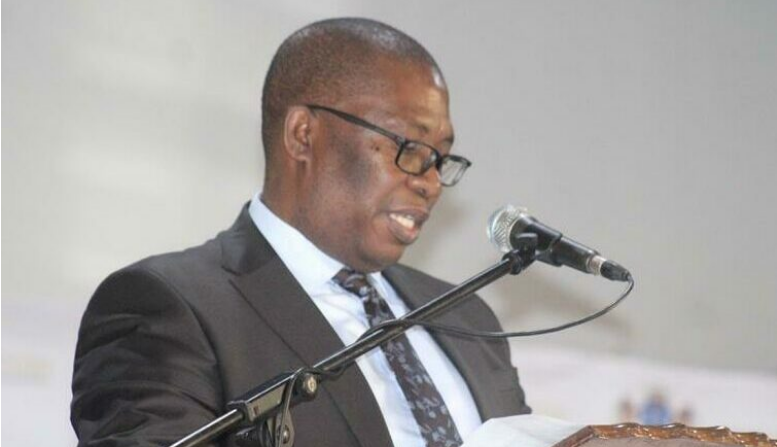Fightback against court order stopping Amazon’s Cape Town headquarters construction
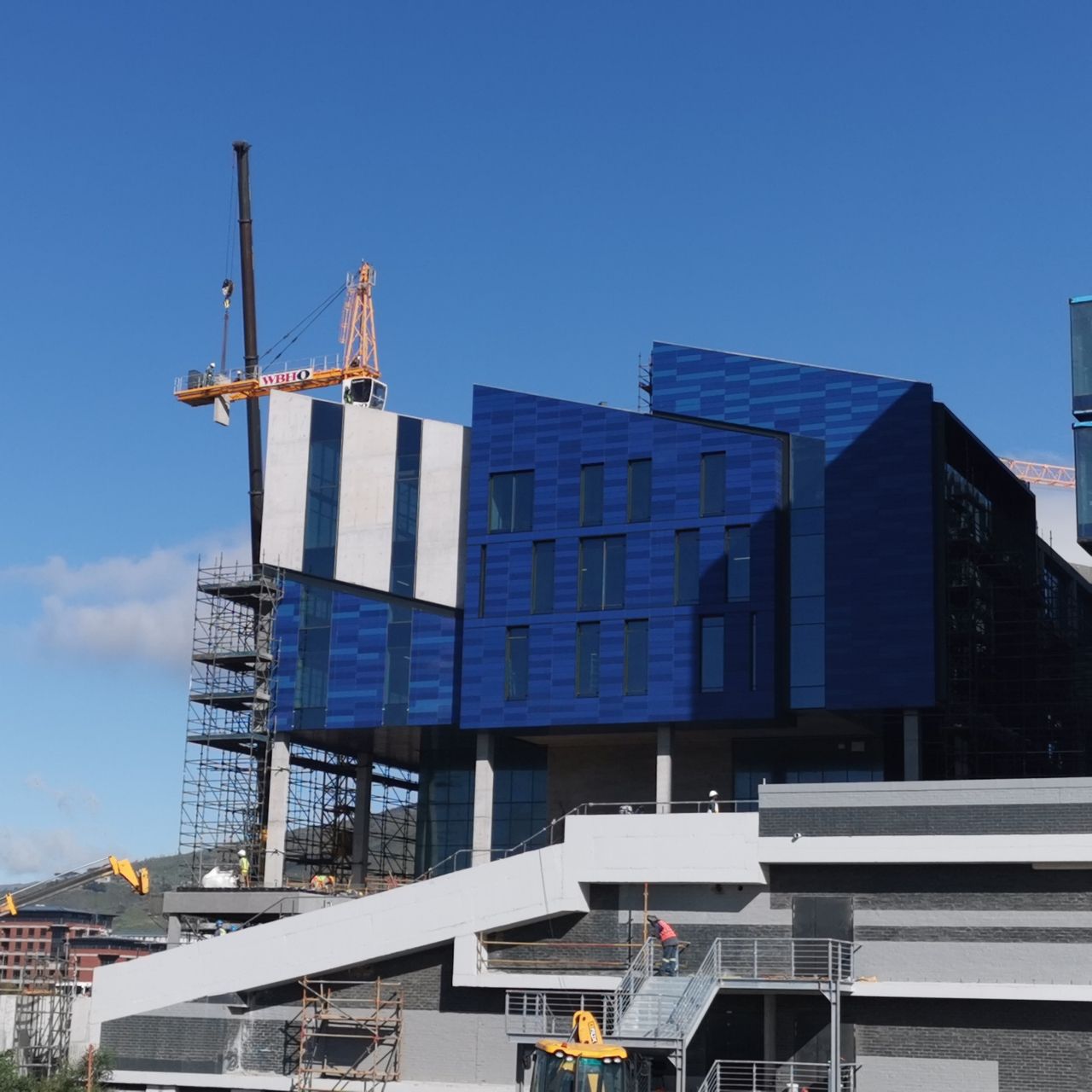
Advertising
24-03-2022
Read : 208 times
My Broadband
Source
The developers of the mixed-use River Club complex in Cape Town, which is set to include Amazon’s new headquarters in Africa, have announced they will appeal an interdict ordering that they halt construction.
Last week, Western Cape High Court Deputy Judge President Goliath ruled that work at the R4.6-billion redevelopment in Observatory, Cape Town, must “urgently” be halted.
The judgment said developers Liesbeek Leisure Properties Trust (LLPT) must first undertake “meaningful engagement and consultation” about the project with members of the Khoisan people.
LLPT has warned that it would permanently terminate thousands of jobs in the Western Cape if the decision stood.
“Between June 2021 and March 2022, just under 4,000 workers have been employed during various stages of construction on the site,” the developers stated.
“When the ruling was delivered on Friday, 18th March, there were 750 workers on the site who were sent home due to a halt in construction.”
“Furthermore, just over 500 workers in factories supplying material to the site have also been impacted,” they added.
In addition, the interdict resulted in several sub-contractor companies, including some owned by First Nations citizens, having their contracts suspended.
LLPT claimed the redeveloped River Club is also anticipated to create 6,000 direct jobs and 19,000 indirect jobs.
The interdict also threatened other socio-economic opportunities expected to result from the development, including:
Developer-subsidised affordable, inclusionary housing for low-income earners
Significant upgrades to the surrounding roads
A green ecological park and 6km of running and cycling pathways
Furthermore, LLPT claimed the extensive work to rehabilitate the heavily polluted waterways adjacent to the property had to be stopped.
In defence of the development, LLPT said the following facts applied to the case:
All affected First Nation Groups in the Peninsula, most notably the groups recognised as the historical custodians of the Two Rivers landscape, of which the River Club property only forms 5%, were provided with the opportunity to comment on the proposed redevelopment during the three-year development approval process and did.
This includes Tauriq Jenkins, leader of Goringhaicona Khoena Council, who participated extensively in these processes and failed to provide evidence in court that he had been excluded.
This extensive consultation process culminated in a social compact, which incorporates the First Nations People’s proposals into the River Club project plan to recognise and memorialise the intangible history of the broader Two Rivers area.
The developers noted judge Goliath stated that the interdict must not be construed as criticism of the development or casting aspersions on the majority of the indigenous groups and councils of the Western Cape in support of the development.
But it said this was a “cold comfort” to the affected First Nations, developers and workers who were told to leave the site, based on “unsupported and the hearsay allegations” made by the Liesbeek Action Campaign.
LLPT said Jenkins’ testimony that some people were excluded from public consultations was made for the first time at the hearing.
“Of major concern is that neither Mr Jenkins’ affidavits nor any confirmatory affidavits filed by any First Nations Peoples allege that they were excluded from or otherwise denied meaningful and effective consultation in the public participation processes,” the developers stated.
“Instead, these affidavits centred on the allegations that some persons or groups were merely opposed to the development.”
In addition, the groups and people mentioned by Jenkins did not appear before the court or file affidavits setting out the facts around how they were directly affected or bearers of any intangible cultural heritage who the development would allegedly impact.
“This means that the respondents were denied the opportunity to place facts before the court in their answering papers that would resoundingly rebut these allegations,” LLPT said.
“While the applicants, professor Leslie London, who represents the Observatory Civic Association that boasts 55 members and is not a member of a Khoi / First Nation Group, and Mr Jenkins, have claimed that the interdict being granted is a major victory for indigenous rights, it is clear that the real losers are the First Nations People.”
“We cannot allow a small group, who have proven time and again that they have zero interest in an outcome that creates social, economic and heritage benefits for the First Nation People and the people of Cape Town, to block this world-class project and, no doubt, have a major dampening effect on future developments in the region, where it is sorely needed.”
Recent News
Here are recent news articles from the Building and Construction Industry.
Have you signed up for your free copy yet?
